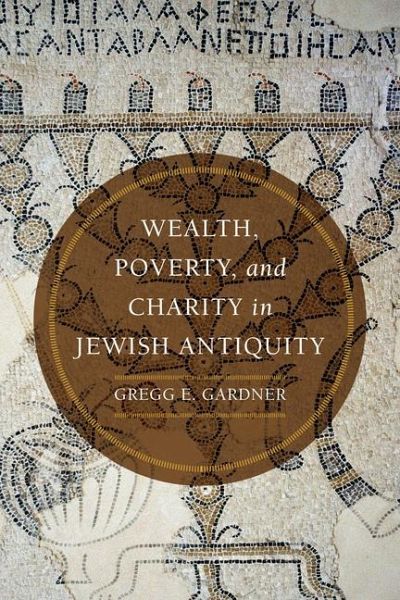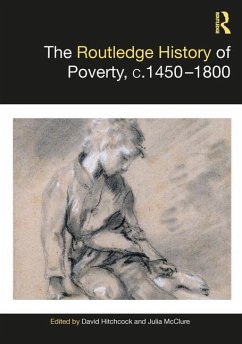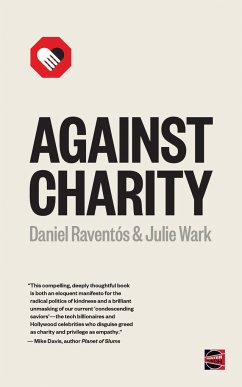Nicht lieferbar

Wealth, Poverty, and Charity in Jewish Antiquity
Versandkostenfrei!
Nicht lieferbar
"Butting against the prevalent view that wealth in and of itself is morally tainted, Gregg Gardner's readings of the early rabbis and tanniatic ethics are provocative, insightful, and justified."--Elizabeth Shanks Alexander, Professor of Religious Studies, University of Virginia "Did the rabbis of antiquity--whose writings such as the Talmud critically charted the development of Judaism as we know it--care about the poor? The answer, as Gardner shows in this superb, readable, and sophisticated study, is surprisingly complex. Gardner's argument that the rabbis' approach to poverty relief cannot...
"Butting against the prevalent view that wealth in and of itself is morally tainted, Gregg Gardner's readings of the early rabbis and tanniatic ethics are provocative, insightful, and justified."--Elizabeth Shanks Alexander, Professor of Religious Studies, University of Virginia "Did the rabbis of antiquity--whose writings such as the Talmud critically charted the development of Judaism as we know it--care about the poor? The answer, as Gardner shows in this superb, readable, and sophisticated study, is surprisingly complex. Gardner's argument that the rabbis' approach to poverty relief cannot be disentangled from their own economic standing and opinions about wealth is both compelling and relevant."--Michael L. Satlow, Professor of Judaic and Religious Studies, Brown University














